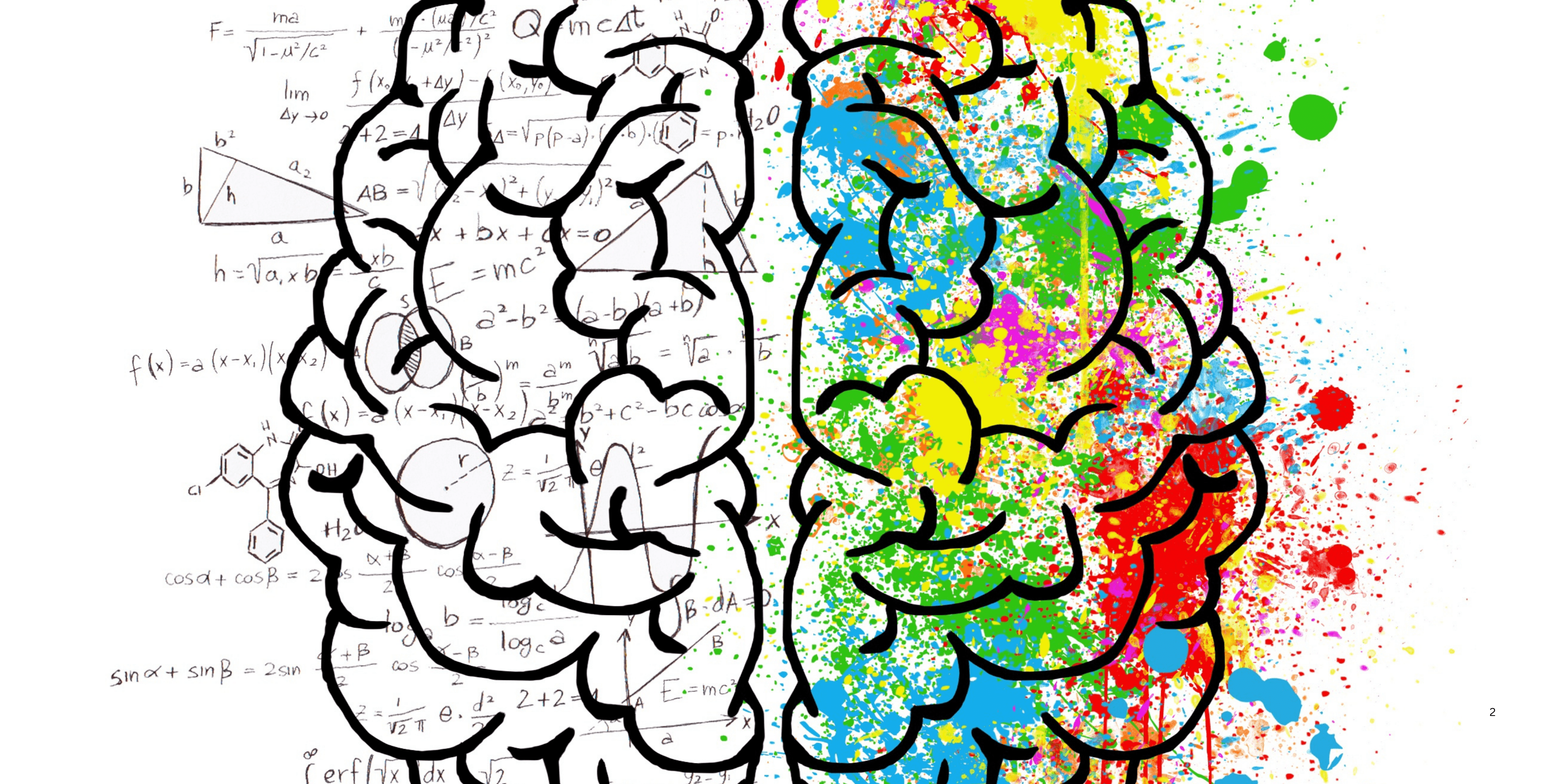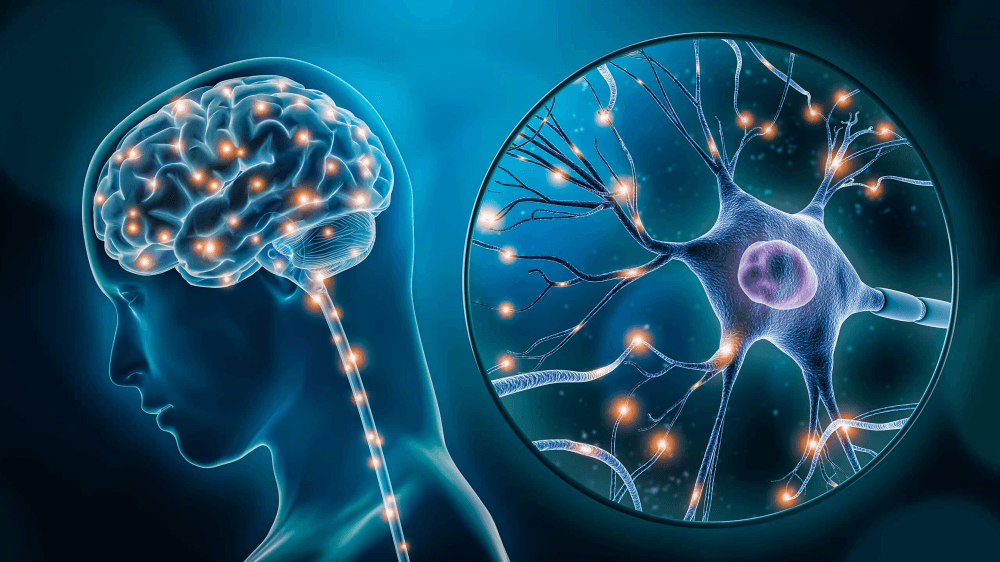
“
How learning new skills enhances brain health is a topic that has gained significant attention in recent years. Continuous learning and acquiring new skills can stimulate brain activity, improving cognitive functions, enhancing memory, and even preventing age-related mental decline.1
1
”
Learning new skills can improve neuroplasticity, which is the brain's ability to reorganize itself by forming new neural connections. This adaptability boosts cognitive resilience, helping the brain stay sharp as we age. 1
Engaging in skill development stimulates the hippocampus, the area of the brain responsible for memory formation. This can improve both short-term and long-term memory retention, keeping the mind agile. 2

Acquiring new skills helps the brain generate new synapses, making it easier to recall information and solve problems. The constant mental exercise fosters faster information processing and greater cognitive flexibility.
Mastering a new skill can activate multiple brain regions simultaneously, including those responsible for decision-making and focus. This strengthens brain activity and sharpens attention to detail over time. 3
Learning new skills triggers the release of neurotransmitters such as dopamine and serotonin, which enhance mood and motivation. These chemicals are crucial for emotional well-being. 4
The brain’s executive functions—like planning, organizing, and problem-solving—are significantly enhanced when learning new skills. These functions boost brain efficiency, helping manage daily tasks more easily. 5
Studies suggest that learning new skills can delay the onset of cognitive decline and even protect against conditions like Alzheimer’s and dementia. Keeping the brain active through new challenges helps maintain mental acuity. 6
When you learn a new skill, it can improve your attention span by requiring focus and concentration. This attention training carries over to other activities, making it easier to concentrate in various situations. 7
Learning new skills can improve coordination and motor skills by stimulating the brain’s motor cortex. Whether it’s a musical instrument or a physical activity, your brain benefits from the practice and refinement. 8

Engaging in creative activities, such as painting or writing, can enhance brain health by encouraging imaginative thinking. Creativity stimulates the brain, making it easier to come up with innovative ideas and solutions.
When learning a new skill, the brain strengthens its ability to manage stress. Engaging in challenging tasks can activate relaxation pathways, promoting resilience and enabling you to cope with stress more effectively. 9
The brain’s capacity to multitask improves when it’s exposed to new skills. Juggling multiple learning processes trains your cognitive systems to handle more information simultaneously, increasing efficiency in day-to-day activities. 10
New skill development encourages the brain to form new neural networks. These networks facilitate faster problem-solving, creativity, and critical thinking, all essential for personal and professional growth. 11
Taking on new challenges stimulates the brain’s prefrontal cortex, which is responsible for goal-setting and judgment. This can enhance decision-making abilities, allowing you to make better choices and learn from experiences. 12
Continuous learning helps the brain fight off cognitive aging. Just as physical exercise maintains body health, regular learning promotes brain health, encouraging longevity and the prevention of age-related cognitive deterioration. 13

Learning new skills fosters emotional intelligence by improving self-awareness and social awareness. It can lead to stronger empathy and more effective communication, essential for maintaining healthy relationships.
Acquiring a new skill requires patience and persistence, which can enhance the brain’s ability to resist distractions and stay focused. This improves your mental discipline, making it easier to achieve long-term goals. 14
Studies have shown that learning a new skill, such as a musical instrument, activates both hemispheres of the brain. This balanced activity promotes stronger cognitive connections and better overall brain function. 15
Learning a new language, for instance, increases your brain’s ability to switch between tasks and think in multiple perspectives, which boosts cognitive flexibility and problem-solving skills in all areas of life. 16
Over time, mastering new skills builds confidence and mental resilience. The sense of accomplishment strengthens the brain’s emotional pathways, promoting feelings of self-worth. 17


